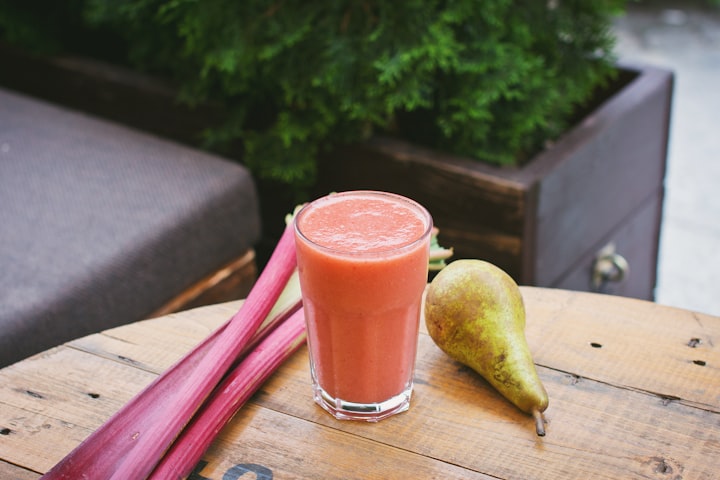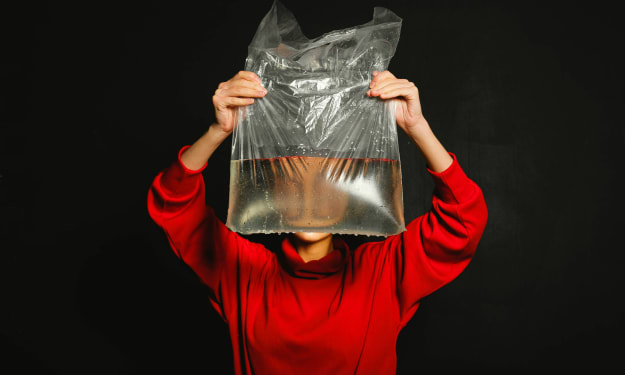Chaga Tea:Everything You Need to Know About Brewing Chaga Tea
Chaga has been around for centuries and can be found growing on trees throughout the northern regions of the world including Canada, Russia, China, and certain areas in the United States.

Early in January, it was brought to my attention that Chaga (Inonotus obliquus) could be used as an extract to make tea. I began researching Chaga and found some great information. What is Chaga? How do you extract the beneficial components of the Chaga mushroom, what are they and how can they be used? Not only is Chaga a powerful antioxidant, but it could also have some potential immune-enhancing properties as well.
Chaga has been around for centuries and can be found growing on trees throughout the northern regions of the world including Canada, Russia, China, and certain areas in the United States. In these harsh climates where food sources are scarce the Chaga mushroom, which is known for its medicinal qualities, is an important source of nourishment. It has been used by indigenous peoples for ages as a traditional remedy to boost the immune system and fight off infections. Chaga is also used today by people looking for natural ways to improve their health.
Chaga's scientific name is Inonotus obliquus. It is a fungus that typically grows on trees, particularly Birch trees. Chaga can also grow on other hardwood species such as Alder and Maple trees. The Chaga mushroom appears as a black mass of tightly packed growing fibers from which the fruiting body develops. Over time these growths appear to be charcoal-like in appearance due to the black fibers.
Chaga has been used for centuries in folk medicine, especially in Russia and other northern countries where it is most prevalent. It was reportedly used by Russian Orthodox monks as far back as the 13th century. Chaga was believed to have mystical powers that would ward off evil spirits especially during harsh winters when food was scarce.
"The fungus is notable for growing in extremely cold climates, such as the Siberian taiga." - Wikipedia
Chaga's growth pattern is very different than other mushrooms. It does not grow above ground but instead develops inside of trees that are typically found in harsh northern climates where food sources may be scarce. The Chaga mushroom manages to draw essential nutrients from the birch trees, which is why it typically only grows on hardwood species such as Birch and Alder. In Chaga's early developmental stage it appears as a soft hairy mass of mycelium fibers that grow laterally emanating from a single point.
How to Brew Chaga Tea:
Brewing Chaga tea is a great way to take advantage of the health benefits of this incredible medicinal mushroom. To make Chaga tea you can either purchase commercially available extracts or simply brew it fresh from dried Chaga chunks as I did.
"…is a small-ish parasitic fungus, most commonly found growing on Birch trees, although it has been known to grow on Alder and Maple trees. Its prevalence in Russia led to it being dubbed the 'Siberian penicillin,' and when brewed into tea, Chaga has been shown to help everything from preventing cancer to improving digestion."- Chagahq.com
Brewing:
Chaga can be purchased as an extract or as dried chunks which you need to steep and brew like regular tea leaves. I bought a small package of dried Chaga chunks online. One ounce contained approximately 60-80 chunks of Chaga, each about the size of a pencil eraser. I made two brewing containers, one with 10 pieces and another with 20 pieces to compare the effectiveness of each dosage. I allowed the tea to simmer for about 45 minutes.
After simmering, I removed the tea bags or chunks and tasted both samples. The Chaga brewed from dried chunks was slightly more bitter than that steeped with an extract but not unpleasant by any means. I found that 10-12 pieces yielded a more balanced flavor than the 20-piece batch. I would recommend using no more than 15 pieces of dried Chaga when brewing to avoid a bitter taste in your tea.
Why not just take a Chaga extract?
Brewing Chaga in hot water extracts the medicinal qualities from the charred bark and fleshy interior, which you can consider the 'tea' or infusion. You can also purchase Chaga extracts, powders, and tinctures to take as a supplement.
*Note: Purchase your Chaga from trusted vendors who test for purity such as this one here. Be aware of Chaga products that claim unrealistic results or ship from overseas so you can avoid getting scammed.
Brewing Chaga Tea:
Step 1 :
You can either prepare your tea from dried chunks of Chaga or purchase it already made.
Step 2: Break the Chaga into small chunks about the size of a pencil eraser or grind it into a powder, if you are using an extract.
Step 3: Fill your pot with enough water to cover the tea and one inch more. If you are using dried chunks, add half a cup of water to the pot for every ounce of Chaga.
Step 4: Bring the water and tea to a rolling boil and steep until the water is cool enough to drink. Steep in increments between 5-10 minutes depending on your preference for strength. You can take advantage of multiple infusions with the same Chaga chunks by adding fresh water to the pot and steeping again, up to four times.
Step 5: Enjoy! You can sweeten your tea more to your preference if you like, but it is perfectly drinkable without any added extras. Chaga has a natural caramel flavor that is mildly earthy and slightly bitter.
Thanks for reading!
If you enjoy this type of content, please do consider subscribing to my page. I write lifestyle, personal development and entrepreneurship content. Sometimes, I write poetry and short stories too.





Comments
There are no comments for this story
Be the first to respond and start the conversation.